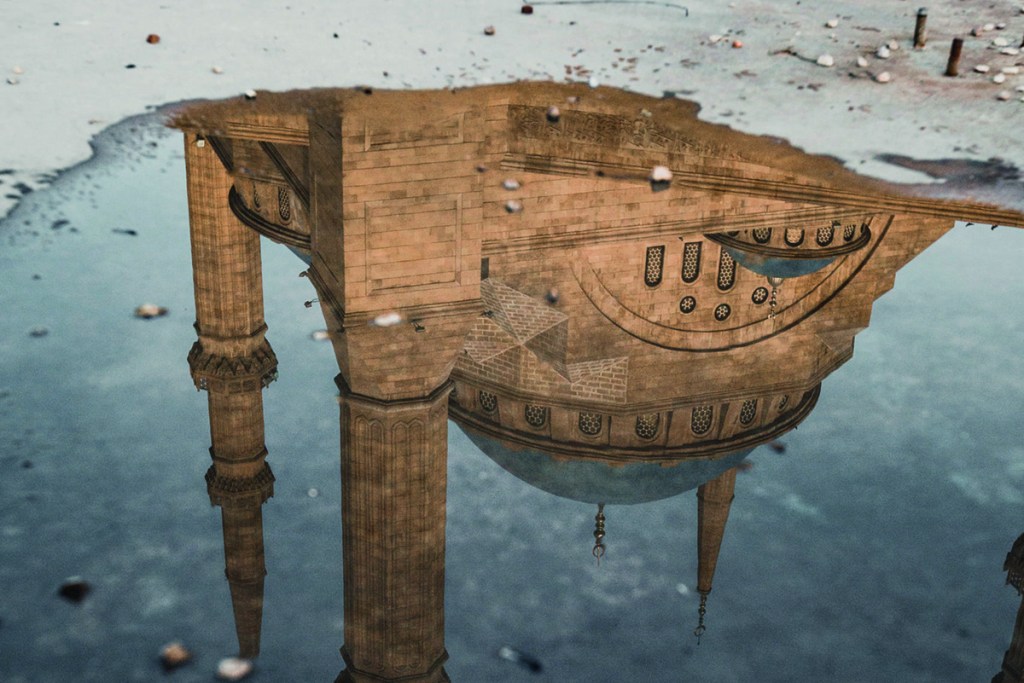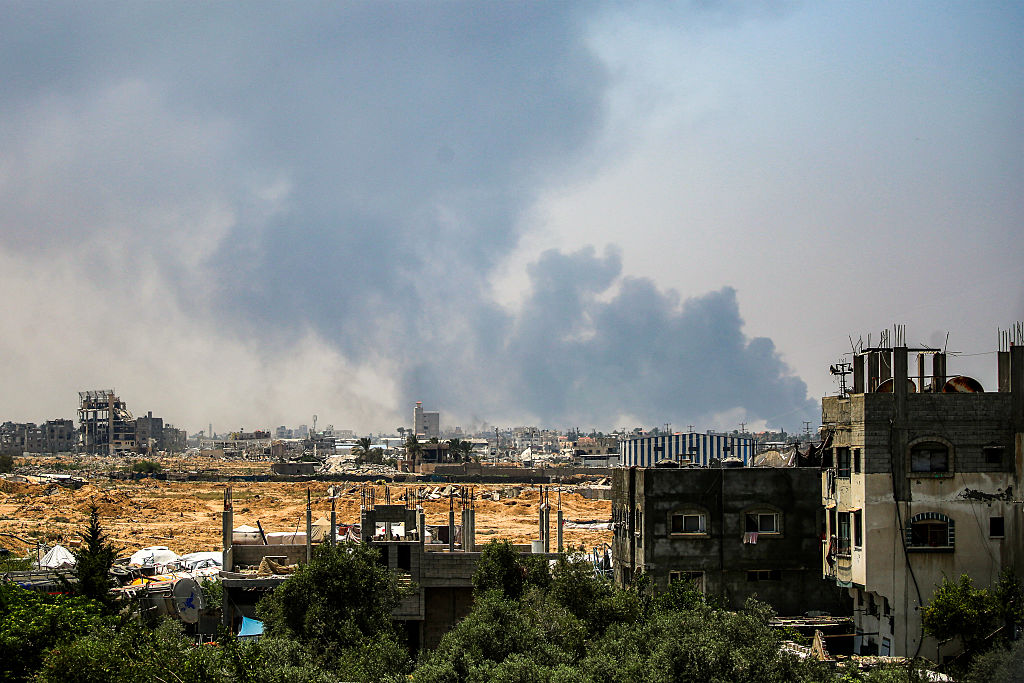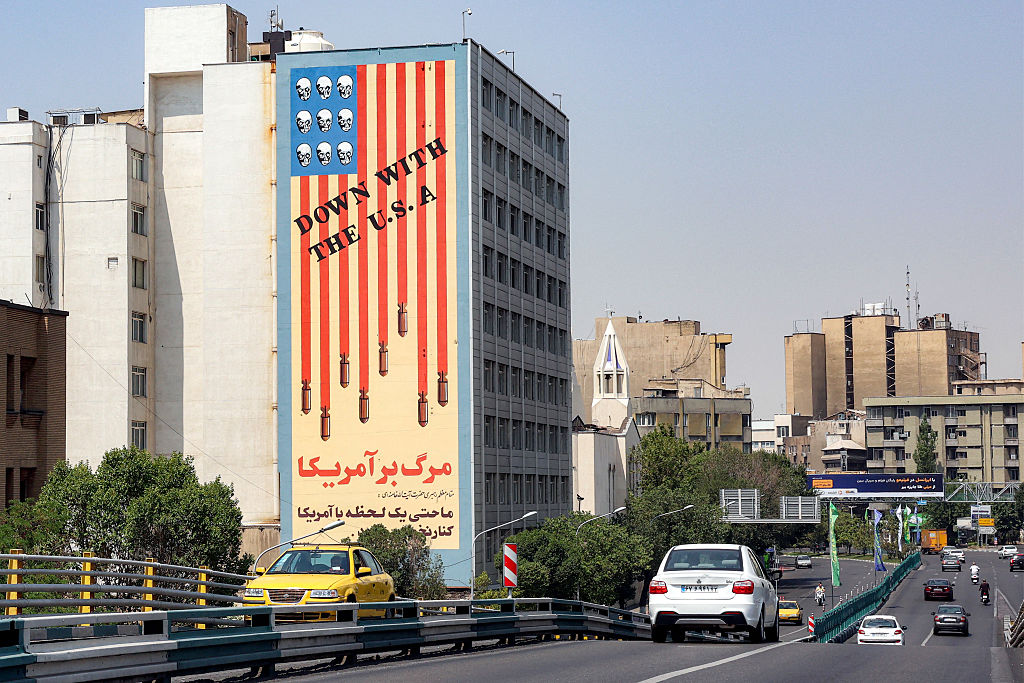I’m sorry, Lebanon. We love you but we just can’t take it anymore. We’re breaking up with you.
We’ve lived in Lebanon, on and off, for almost a decade. Our retreat began over the summer when we decided we couldn’t risk going to the beach with our daughter, who’s almost two. Every year, the Lebanese National Council for Scientific Research puts out a report that says that the seawater around many of Lebanon’s beaches is full of fecal bacteria. Raw sewage is discharged into the sea: you are literally swimming in shit. From some beaches, you can see the pipe and a murky flow of streptococci.
We tried. We really did. We visited a private beach club that was supposed to have some of the cleanest water in the country. The sea had an oily, rainbow-colored film; there was a bank of foamy orange sludge where it met the sand. We gathered up our towels and umbrellas to leave, the beach attendant protesting that no one had ever died from the sludge.
Lebanon’s failure to do something as basic as treat its sewage is one symptom of its toxic politics. The effects of the venality of Lebanese politicians are visible everywhere: drive out of Beirut and every green space has been built over. Building without a permit is a simple matter of paying a bribe to the local police and politicians — the police lieutenant kicks some of the bribe up to his captain, who sends some up to his colonel, and so on. A Lebanese general may well be a dollar millionaire, despite a meager official salary.
For politicians, the opportunities for enrichment are even greater, so much that at election time they bribe the voters — literally. In poorer areas the bribe might be a washing machine or a new stove. In a wealthy Christian village, a local council candidate offered to pay for a friend’s new roof. ‘Can you imagine?’ my friend says in disgust. ‘That was just for a local election.’
Most Lebanese just shrug their shoulders at corruption. It’s the incompetence that infuriates them. There hasn’t been enough electricity since the civil war, but now, with the economy collapsing, power can be off for 20 hours a day. For many, this meant sweating through the summer without air conditioning.
Beirut gets by using thousands of diesel generators. These are in the hands of the hated generator mafias, whose political connections are commonly supposed to be another reason why the power crisis is never solved. Particles of soot like snowflakes carpet your windowsill. The air is thick with poisonous, carcinogenic hydrocarbons. But despite the pollution — among the world’s worst — generator power isn’t even reliable because there’s a fuel crisis as well. The effects ripple out: Our internet slows to a crawl because Ogero, the national internet company, apparently can’t get fuel for its generators. There’s often no mobile phone signal either. The phone company tells us there’s no power to the cell tower in our neighborhood, Gemmayze.
Gemmayze is seen as one of Beirut’s smartest neighborhoods, yet the streets are filthy. Small bones stripped clean by rats and feral cats crunch under your feet as you walk; the animals get into piles of trash left to fester on street corners. The trash starts off in large bins but the poorest of Beirut’s poor search through them in the early morning, throwing everything onto the ground as they dig. There it stays until a rare trash collection.
The people doing this seem better-dressed these days: Lebanon’s economic crisis is hurting those who used to be well-off. One evening, my wife sees an obviously respectable old man in an ancient but well-tailored blue suit, standing by the open window of a restaurant for foreigners and rich Lebanese with dollars. He extends a palm to the diners, who try to ignore him; his other hand holds onto a small boy, his grandson. He looks at his feet, humiliated, but his grandson is hungry, he says; he has no choice. According to Unicef, children go to bed hungry every night in a third of Lebanese families.
I try to avoid giving money to people using children to beg, but I broke my own rule before we left. Every day, a young woman in a black hijab sat nursing a toddler on the sidewalk just around the corner from our house. She was short and plump under her abaya and her little boy was painfully thin. He always seemed to be asleep; just as well, as the heat was fierce. One day she was there but not the boy. I took my friend Ghassan to translate. He’s a deeply religious Sunni Muslim and charity is a duty for him. He’s also quite cynical about Beirut’s street beggars.
The woman, Nour, told us she had left the boy at home with her husband. ‘My son is sick,’ she said. ‘I’m afraid he might die if I bring him to the street again.’ I wanted to get her story so we offered to take her to a café nearby to talk. She thought they wouldn’t let her in — even if they did, she said, pointing at her cheap plastic flip-flops, ‘Won’t you be ashamed to be seen with me?’ Ghassan was temporarily won over.
Nour was Syrian and had fled to Lebanon because of the war. She and her husband could not read or write and had never had real jobs. In Damascus, they had looked for things to sell at the city’s trash dumps. Here he was a street shoeshine and she was a beggar. Would she work as a cleaner? I asked Ghassan to translate.
This was a tricky question. Going to someone’s house to clean is not respectable for a Sunni woman, however poor. You get called a sharmuta, a whore. Ghassan said it was pointless to ask because no Lebanese would give her a job. Certainly he wouldn’t. Begging is run by gangs, he said, and they’d soon be at your door demanding protection money.
Instead, we asked Nour about her son. He was called Mohammed. She had tried for years to get pregnant. ‘He was our gift from God.’ I was shocked when she told me he was almost three. I would have put his age at 18 months; he was so small. She said they couldn’t afford the medicine the doctor said he needed.
We said we’d pay for Mohammed’s treatment: just go to the clinic in the refugee camp and put the doctor on the phone. She would, she said. I thought she was right that Mohammed might not last if she brought him back to the street and I asked her how much money she made from begging. It was a pitiful sum, about $100 a year. I gave her that much. She took it and left, promising to stay at home with her son.
A few hours later, Ghassan found her still on the street, laughing with her friends. He found it odd that she hadn’t rushed home to her son and husband. Weeks passed and there was no call from Nour and her doctor. Two months later she called Ghassan to ask for more money, but just for herself. The baby was back in Damascus with family, she said. Ghassan told me he thought that perhaps the baby had never been hers: ‘The gangs school them in what to say.’ It was an efficiently run business, he said, the militias and the police taking their cut, babies passed around and rented out. I didn’t know what to think.
I’d given Nour the $100 in Lebanese lira. This came to about two million lira, a great pile of 100,000 lira bills changed on the black market. The lira has lost 95 percent of its value over the past two years after the banks were allowed to run a Ponzi scheme, offering impossibly high interest rates to attract money from abroad, while the central bank ran the printing presses. A lot of bankers got very rich. When the scheme collapsed ordinary Lebanese woke up to find their accounts frozen and their savings increasingly worthless. Like the sewage pumped off Lebanon’s coast, the politicians responsible for this disaster keep coming back. The new prime minister, Najib Mikati — Lebanon’s richest man — was prime minister before and was once accused of corruption by a state prosecutor, a charge he denies.
At a smart dinner party in Beirut, a wealthy Lebanese who worked at a Swiss bank in Zurich surveyed the wreckage of his country. The Lebanese political class was too greedy to let go of power, he said, but too terrified of the mob to take the tough decisions everyone knew were needed. Subsidies for imported food, fuel and medicines would go on until the last gold bar in the central bank’s vault had been sold. Otherwise, he went on, ‘They’re all afraid they will end up at the end of a rope.’
The subsidies have perverse effects. Cheap fuel and medicines are bought in Lebanon and smuggled out to Syria by criminal gangs and, it’s rumored, the Shi’a militia Hezbollah. Whatever the truth of that, both are in desperately short supply. A friend who fell off his motorbike recently told me the emergency room did not have antibiotics or surgical thread. It was this, the state of the hospitals, that finally made up our minds to go.
I write this from the Italian island of Sardinia, which is literally and metaphorically cleaner than Lebanon. The waters here are famously crystal-clear, little striped fish darting between your feet as you paddle. It feels wrong to be leaving like this, but the past two years have been like watching a country slowly cut its own throat. For now, there doesn’t seem anyone capable of stopping the bleeding.
Many other foreigners are leaving like us; Lebanese too, if they can afford it. Our next stop is Florence, where my wife’s family is from. As the Italians — especially the Florentines — were for centuries, the Lebanese are energetic, creative people at the mercy of corrupt leaders and brutal political facts. They are resilient and they will survive, even if Lebanon does not.
This article was originally published in The Spectator’s November 2021 World edition.

























